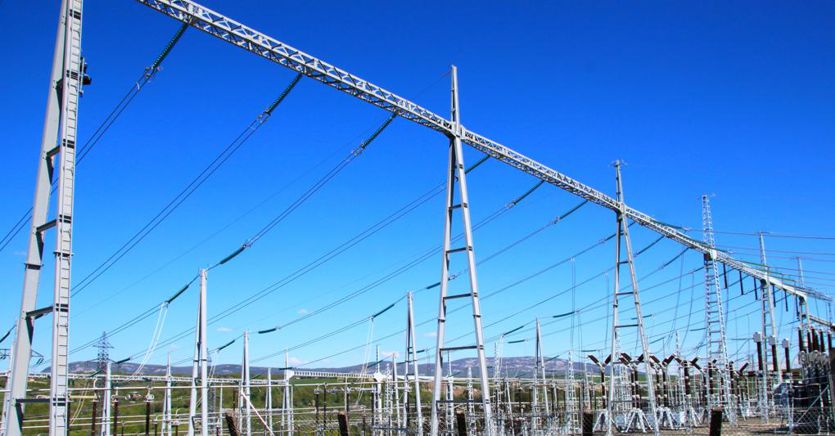It is addressed to Italian energy operators after the green light for the Aid, from which the rate on the taxation of extra profits has more than doubled, from 10% to 25%. A real blow to some companies, as already emerged from the quarterly reports; a measure with a more limited impact, but in any case not negligible, for others (in particular for multi-utilities). In any case, the shared opinion of the main private groups in the country, from Edison to Erg to the French Engie, is clear. This is a measure which, despite an emergency context on the energy front for citizens and businesses, is “poorly formulated” and “punitive”: a tax on turnover, rather than on extra profits, which creates disparities between companies in the same sector. In a word, “unfair”. So much so that there are those who foresee a possible recourse to legal action. Only hypotheses, for the moment, even if what happened with the Robin Hood Tax, declared unconstitutional in 2019, leads to more than one reflection. In the future, in the future, it will be a matter (certainly not simple) for lawyers.
Monti (Edison): unbalanced provision
The present, in the case of Edison, speaks for example of an estimated combined effect of the Price Cut Decree and the Aid Decree of approximately 260 million at the level of net income. To do the calculations is the number one of Foro Buonaparte, Nicola Monti, who already in recent weeks had been able to criticize the measure declaring it “unfair, with just intentions but poorly formulated”, and reserving a definitive judgment only once the text has been approved the final. Today the manager reiterates: “It is a measure that has disproportionate effects on our company compared to other operators, it is not balanced and there is no equity in contributions”. In the first quarter, mainly due to the Price Cut Decree with a 10% rate (and to a marginal extent by the Sostegni ter on renewables) Edison had indicated a negative impact of 100 million with a net profit collapsed by 72% to 27 million compared to 2021 Now, with the Aid Decree definitively approved and also in light of the slight changes made to the reference period and to the VAT balances, the new account is therefore much more expensive: about 260 million. “It is a tax on turnover, not on extra-profits, which is not proportionate between operators in the same sector and this could create the conditions for possible appeals”, concludes Monti.
Merli (Erg): abroad no comparable punitive measure
The issue is also that of regulatory certainty. “We are present in eight countries outside Italy, including France, Germany, the United Kingdom, Poland and Spain and in none of these have we had any punitive measures, yet these economies are also experiencing the same energy crisis as ours. – underlines the CEO of Erg, Paolo Merli – These are also countries that, in 2021, increased their installed renewable capacity 6-7 times more than Italy ». Therefore, argues the number one of the Italian leader group in wind power, “if we want to boost the energy transition in Italy it is necessary to reduce the perception of regulatory risk and not increase it as well as work on price stabilization systems for the production of renewable energy that take into account the enormous dynamics of green-inflation “.
Iacono (Engie Italia): companies hit in an unfair way
Also critical is the transalpine giant Engie, for which Italy represents one of the main European markets. “As we have been able to underline in recent days – says Monica Iacono, CEO of Engie Italia – we understand the request for an additional contribution but the methodology used in the provision is discriminatory and unfairly affects the companies in the energy sector called at this time. to assume a key role in the process of decarbonization “.
The position of A2A and Iren is more nuanced
The positions of A2A and Iren are more nuanced, both companies with a public majority on which the effects of the Dl Aid impact respectively 50 and 24 million over the whole of 2022. “It is an emergency measure that could have been written better or worse, – says the CEO by A2A, Renato Mazzoncini – I prefer to read the Government’s measures as a whole, which see efforts to accelerate the path of Italian energy autonomy ». “I do not think it is correct to speak of extra profits for a company like ours, which generates profits thanks to its strong investment capacity, but I believe that in difficult times like these everyone must make a contribution”, said the CEO of Iren, Gianni. Armani, in a recent interview with Sole 24 Ore.
